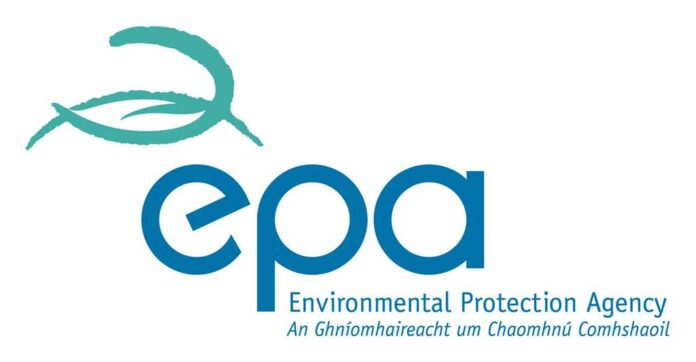A home in Ennis was found to have more than three times the acceptable level for radon gas, the equivalent to receiving two chest x-rays a day, according to figures revealed by the EPA’s Office of Radiological Protection.
The details emerged as the EPA raised concerns about the low rate of testing for the cancer-causing gas in Clare.
The figures show that in the first six months of 2015, three homes in Ennis and one in Doolin tested above the acceptable level of 200 becquerels per cubic metre (Bq/m3), with one home in Ennis measuring levels of 620Bq/m3.
However, according to the EPA, the rate of testing in Clare is very low, with only 26 homes having been tested for radon in the first six months of 2015. A total of 4,301 homes have been tested in Clare to date and, of these, 538 tested above 200 Bq/m3.
Commenting on the latest findings from the county, Stephanie Long, senior scientist with the EPA’s Office of Radiological Protection said, “We are very concerned at the low level of testing in County Clare and urge householders to take this simple and inexpensive
test to protect their family’s health.
“Clare is a high-risk county and many families are unnecessarily exposed to high levels of
radon in their own homes. Radon is the second cause of lung cancer after smoking and is linked to some 250 lung cancers in Ireland each year. Radon is only a problem if it is ignored and simple and inexpensive solutions are available to reduce excessive levels in
the home”.
The EPA’s Office of Radiological Protection will launch an awareness campaign in the high-risk county of Clare later this year to encourage householders to test their homes and reduce radon levels where a problem is identified.
Since establishing its radon measurement programme in the early 1990s, the EPA’s Office of Radiological Protection has measured almost 60,000 homes in Ireland. Of these, almost 8,400 were found to have unacceptably high levels.
To test for radon, one radon detector is placed in a bedroom and the second in a living room for three months. The detectors are sent and returned by post for analysis. The EPA’s Office of Radiological Protection and a number of private companies provide a radon measurement service.
An interactive map is available on the EPA’s website so people can search for their address or nearest town to see whether their home or workplace is in a high radon area. Information can also be obtained by calling Freefone 1800 300 600.
A native of Ennis, Colin McGann has been editor of The Clare Champion since August 2020. Former editor of The Clare People, he is a journalism and communications graduate of Dublin Institute of Technology.



